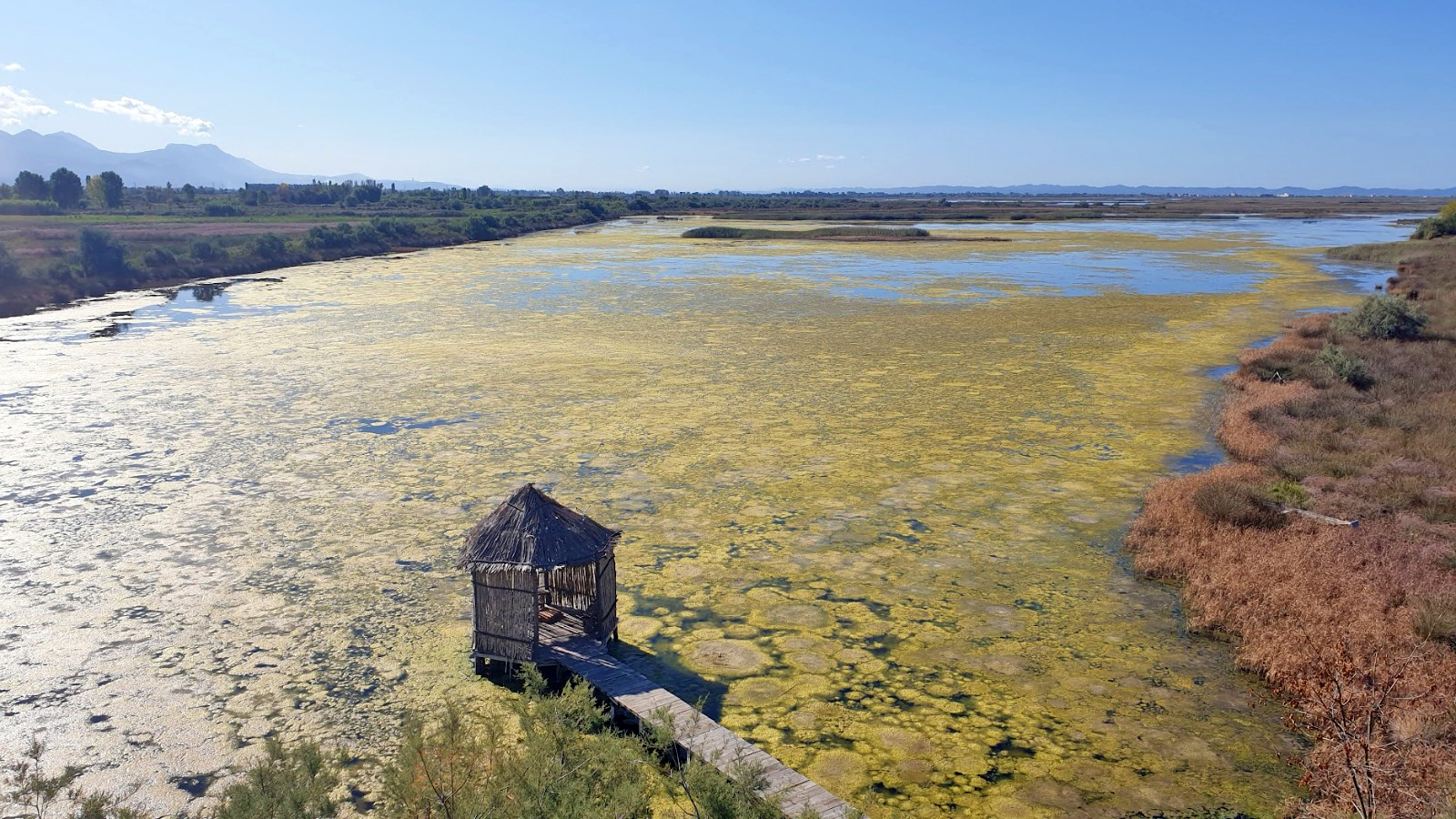Joint Press Statement of Environmental NGOs – Tiranë, February 16, 2024

Civil society organizations operating in the environmental sector, alongside experts and prominent representatives from academia, unite in opposition to proposed amendments to Law 81/2017 on Protected Areas. These amendments, put forth by a group of 12 deputies from the Socialist Party, as well as the opinions and proposals presented by the Council of Ministers (CM) via the DCM on February 7, 2024, are met with unanimous disapproval.
From the outset, our coalition of organizations and experts has opposed the parliamentary proposals. Regrettably, the government’s stance proves even more concerning than the initial draft. It seeks to legalize the alienation of protected areas (PAs), legitimize all constructions and illegal interventions within these areas, and approve any so-called strategic investments therein.
Despite claims that the amendments aim to empower municipalities and address depopulation in Albania, the reality is starkly different. The government effectively leaves municipalities with limited authority over pastoral land or mere lease agreements for pasture use. In this tragic scenario, Parliament, municipalities, and the wider community emerge as significant losers, while the National Council of the Territory gains unprecedented powers and control over protected areas. This transfer of authority renders the NCT the sole arbiter in PA decisions, devoid of any public consultation experience crucial for safeguarding PA values. Concurrently, this shift sidelines the Ministry of Tourism and Environment and its affiliated agencies, nullifying the environmental legal framework aligned with European directives.
In addition to the destruction wrought by the proposed construction of urban areas, highways, railroads, high voltage lines, large hydroworks, and long-range oil and gas systems in the PA, the proposed amendments by the Ministry of Culture to Article 33 of the current law do not impose constraints on undefined destructive activities. Equally alarming are provisions allowing interventions in water bodies without prior approval, overlapping cultural heritage protection regimes in PAs, and the promotion of mass tourism.
In sum, the proposed changes pose a significant threat to PAs, contravening existing laws, European norms, best practices, and obligations for public consultation. Any legislation based on government feedback would deviate fundamentally from previous discussions, thus violating consultation rules. These changes signify the demise of Albania’s Protected Areas and biodiversity.
In light of the foregoing, we, representatives of civil society, urge Parliament and, particularly, the government to retract the proposed amendments, ensure transparency, engage in proper environmental consultations for the final draft, and heed the arguments of organizations, academic and scientific institutions, and international partners in nature conservation.
